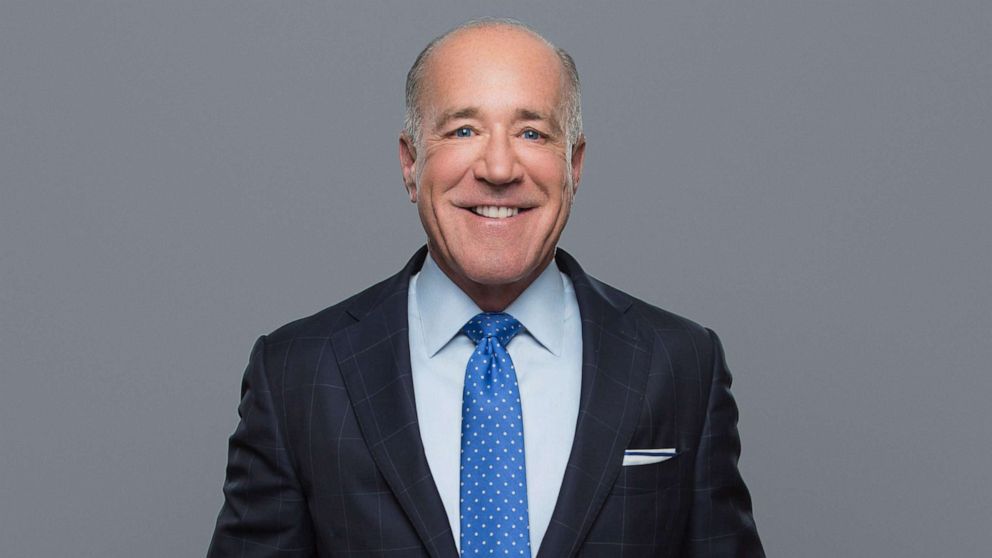How Frank Biden leveraged his famous name for business gain
In 2009, the year Joe Biden took office as vice president, a local business executive met the politician’s younger brother, Frank, at a Starbucks in Palm Beach Gardens, Florida, and later asked him to become the president and front man for a fledgling charter school venture.
Frank Biden, a longtime real estate developer in the state, accepted the offer, and over the years, he touted his famous last name and prominent connections in Washington to help land the company a series of charter contracts from local officials in Florida to open charter schools, earning hundreds of thousands of dollars over a five-year period from the company in the process.
In media interviews at the time, Frank Biden was unabashed – calling his last name “a tremendous asset” because of the family’s record of “taking care of people who need help,” and telling people it brought him “automatic acceptance” as he sought government approvals for the for-profit Mavericks in Education.
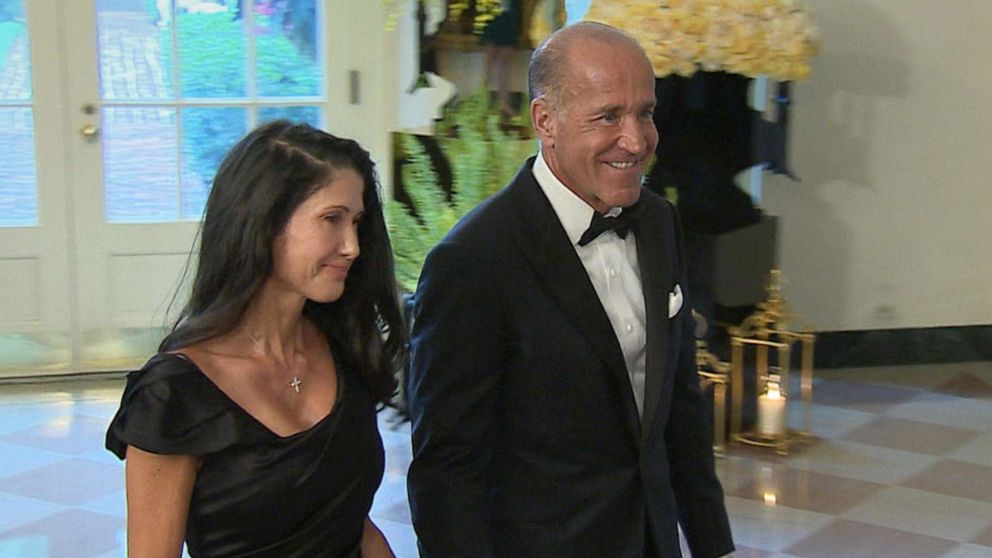
Claims of mismanagement would ultimately bog down many of those schools, which focused on educating at-risk teens with troubled backgrounds. In at least two separate lawsuits, Mavericks schools faced allegations of inflating enrollment as part of a scheme to garner more government funding. The charters were eventually sold and the schools reorganized under new management.
Critics suggest that when Frank Biden touted his family name to promote the Mavericks’ charter schools, it was just one example of the Biden family actively benefiting from sharing a name with the vice president. Now it could pose challenges for the former VP as he seeks the Democratic Party nomination for president, even when Joe Biden has not been accused of any wrongdoing.
“Joe Biden needs to recognize it’s a problem,” Richard Painter, a former chief White House ethics lawyer for George W. Bush, told Politico in August. “You can’t control your brothers. You can’t control your grown son. But you can put some firewalls in place in your own office.” If elected, Biden’s campaign has committed to issuing an executive order on his first day in office to "address conflicts of interest of any kind," and has repeatedly said he and his family have never discussed private business interests.
Kinship-as-currency is hardly a new phenomenon in Washington. But as Joe Biden makes his third run at the nation’s highest office, he has already confronted a sustained political attack on the decision by his son, Hunter, to accept a position on the board of directors for a Ukrainian energy firm – a decision that has figured prominently into the debate over President Trump’s impeachment. The president has repeatedly called the Bidens “crooked,” particularly with regard to Hunter Biden’s business activities.
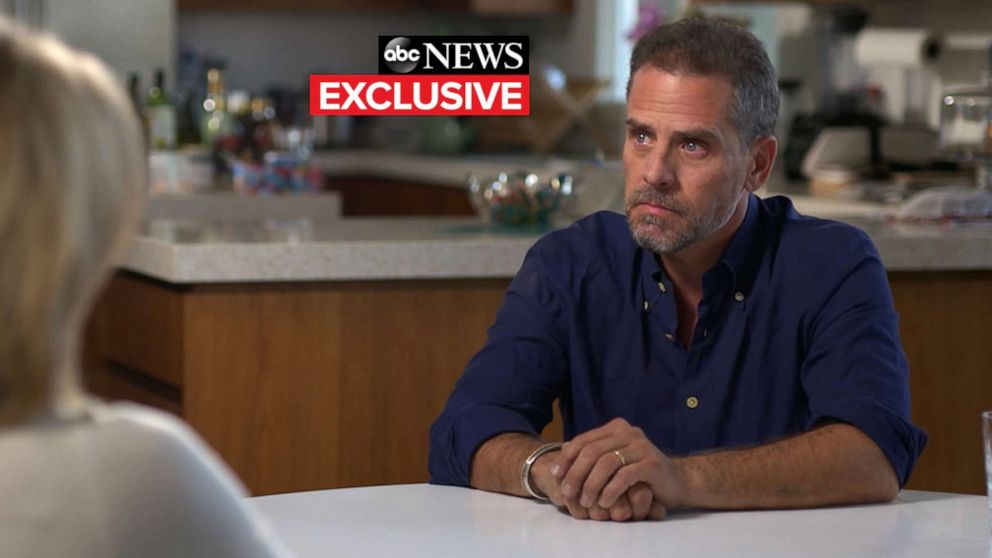
The presidential candidate has also faced questions about endeavors by another brother, James Biden, who is fighting a lawsuit in which he stands accused of feigning interest in investing in a medical device company as a ploy to steal the company's business model.
According to plaintiffs, James Biden said during investment negotiations that the firm’s “psychiatric care model would be used by Joe Biden as part of his campaign for President of United States.” A spokesperson for James Biden called allegations in the lawsuit “a seriously misleading version of the events,” meant to “[take] advantage of Jim Biden’s public profile as the brother of a presidential candidate,” adding that “[Frank Biden] does not, and has never, discussed his business ventures with his brother.” The lawsuit remains ongoing.
And now the issue is resurfacing once more with the former vice president’s younger brother, Frank.
Frank Biden declined to be interviewed for this report, but over the past decade, during the years he was involved in the charter school business in Florida and afterward, he has spoken frequently in public about his prominent family ties. In an interview with The Washington Post in late 2011, Frank Biden said of his last name, “I enjoy automatic acceptance or at least listening to what I have to say.” Several press releases put out by Mavericks in Education advertise “brother of Vice President Joe Biden” as one of his credentials.
For his part, Joe Biden’s campaign for president does not support government funding for for-profit charter schools, setting him at odds with his brother’s work with Mavericks.
Biden ‘out front’ for the company – in presidential seal cufflinks
Frank Biden’s chance encounter in 2009 with a Mavericks executive launched his years-long effort to place the for-profit business in several Florida school districts. Charter schools are heavily regulated and depend on approvals by school boards and other government officials to operate, so convincing school board members of the company’s viability was a critical step for nascent charter management outfits. That was Frank Biden’s job for Mavericks.
As the project’s public face and biggest advocate, Frank Biden undertook efforts to win over school board members who were responsible for approving charter school applications. He did so, in both media interviews and school board meetings, in part by invoking the name of his brother, who was vice president at the time.
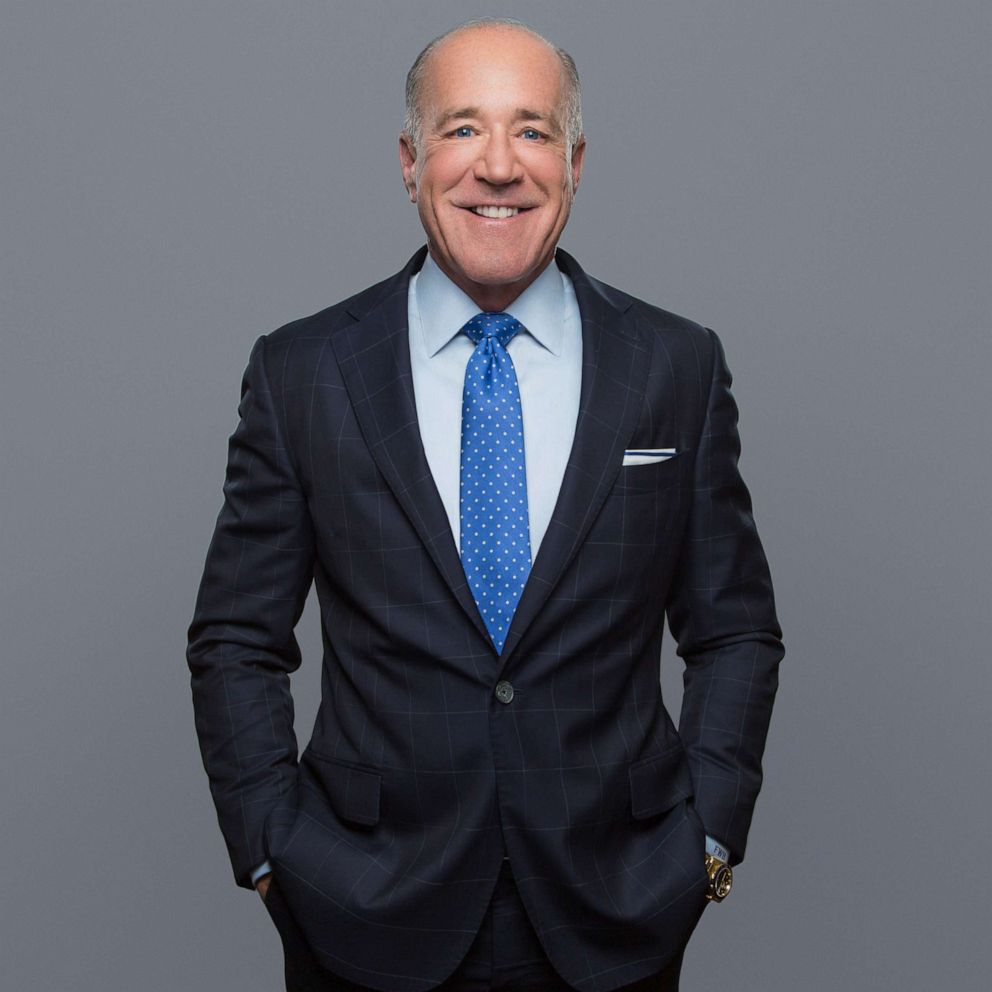
“Joe is my hero. My older brother is the best man I know,” Frank Biden said during a 2016 promotional interview, adding, “Barack ain’t bad either, trust me.”
Prior to his time at Mavericks, Frank Biden worked with Hand in Hand Ministries in Central America, where part of his responsibilities related to educating underserved populations.
Jim Pegg, who served as director of the charter schools department for the Palm Beach County school district – which added a Mavericks charter school after Biden joined the company – until his retirement earlier this year, called Frank Biden the “front guy” for the company, and suggested that the political connections associated with his last name earned him the Mavericks gig.
“I think it would be safe to say that those charter schools that were associating with Frank were using the Biden name,” Pegg said. “They wanted that out front.”
A former board member for a Mavericks school in Tampa, Florida – which at one point hosted two Mavericks schools – made similar observations. The former board member asked to remain anonymous for fear of retribution from former Mavericks executives.
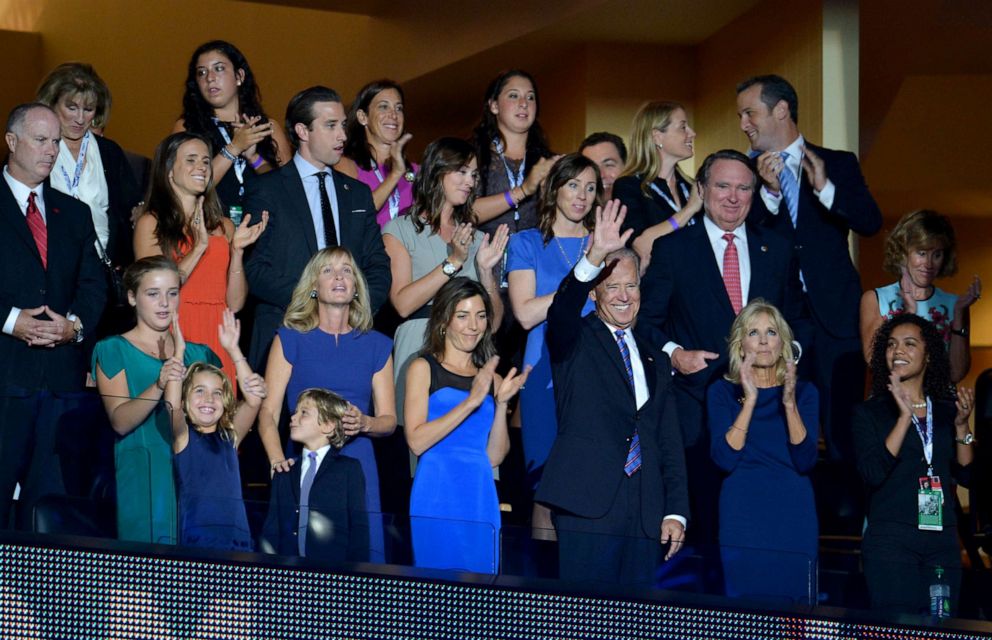
“Our perception was [Frank Biden’s] name is what [Mavericks] had, and his name is what they used,” the former board member said. “They brought him in for his name.”
The former board member said Frank Biden wore cufflinks bearing the presidential seal to meetings, and during a commencement address for one of the schools’ graduation ceremonies, he “spoke about his brother and about how his brother was the vice president. It was all about his brother.”
Neither the former board member nor Pegg were involved in granting charters, but both worked closely with Frank Biden and with Mavericks.
At a February 2011 hearing before the Palm Beach school board, he can be heard invoking the family name to show his support for Mavericks’ application, according to video of the meeting obtained by ABC News.
“I give you my word of honor, on my family name,” Biden said, “that this system is sustainable. This school will be sustained.”
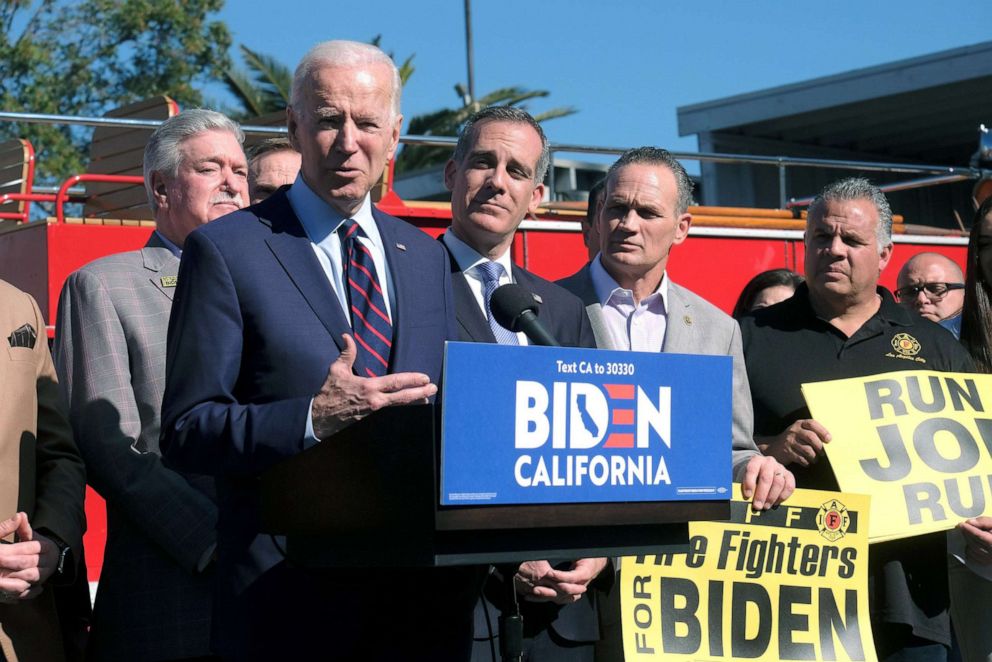
In the end, only one member voted against Mavericks’ application in Palm Beach. Dr. Debra Robinson said during the school board meeting that she supported the viability of Mavericks’ plan, but objected on the grounds that the school board changed its process to permit Mavericks to resubmit its application and make their case before the board. She complained that in doing so, the board was accommodating the “big dogs that lobby for them.”
The remainder of the seven-member board voted to give Mavericks its support – overruling a staff recommendation to deny it. After Biden spoke, one board member said that Biden’s remarks had “touched my heart.”
Company accused of fraud and mismanagement
Since opening their doors, schools operated by Mavericks in Education have been mired in controversy, struggled with performance, and, in lawsuits and state audits, faced allegations of fraudulent activity.
A 2014 lawsuit filed by two Pinellas County school district executives – which named Frank Biden as a defendant – accused Mavericks of “falsely inflating the operating expenses associated with the operations of the charter schools” in an effort to “divert funds from the education of the students to the owners of [Mavericks]” – to the tune of $22 million. The lawsuit was ultimately dropped.
In 2012, a former teacher at the Mavericks school in Palm Beach filed a whistleblower lawsuit accusing her supervisors at the company of altering student enrollment records in an effort to secure more government funding. This case was settled out of court. The terms of the settlement were kept private.
A pair of audits by the state of Florida in 2012 and 2014 found that Mavericks schools operated in Palm Beach and Broward Counties were beset by similar issues. Pegg said those audits led school districts to develop corrective action plans for Mavericks, which the company followed.
Charter school management companies like Mavericks operate a network of publicly funded but independently operated schools. Funding for schools is measured on the number of students enrolled at each school. Both lawsuits previously mentioned included allegations that Mavericks falsely inflated student enrollment records in order to win more money from the state.
“Charter management companies can only make money or be profitable if they find a way to maximize per-pupil funding that goes to the school,” said Michael Serpe, a spokesperson for EdisonLearning, another for-profit charter school company that later acquired Mavericks’ charters. “It’s all about how many kids are enrolled in the school.”
Serpe added that low performing charter companies like Mavericks “make it extremely difficult” for other companies in the charter school industry to operate in a climate where for-profit education is already controversial.
A person familiar with Frank Biden’s role at Mavericks told ABC News he was paid $70,000 per year over the course of five years.
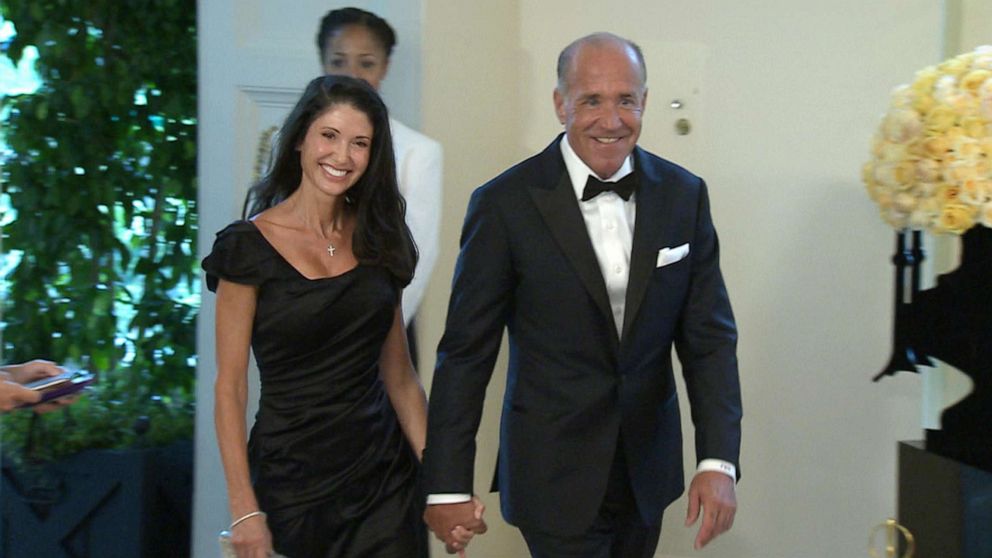
Allegations of fraud aside, the Mavericks schools struggled by several measures. Low test scores, low graduation rates, and scandals rocked many of their six schools in South Florida – which at one point had a combined enrollment of 3,700 students.
Several educators at Mavericks schools faced legal or administrative action for alleged inappropriate interactions with students. In 2015, for example, the principal at Mavericks High School in Palm Springs was fired after she was discovered with a student in the backseat of a car reeking of marijuana, with a bag of marijuana on the front seat.
In the classroom, Mavericks schools hardly fared better. Graduation rates at Mavericks from 2013 to 2016 consistently fell far below the state average, according to state records. During that time period, Mavericks’ most successful school graduated just 35% of its students, while its worst performing school, located in Palm Springs, graduated just 14% of students.
In periodic reviews posted online by the Florida Department of Education – which indicate whether a charter school is improving, maintaining, or declining in educational standards -- the Mavericks schools were among those that received ratings of “unsatisfactory” or “declining.” Many others fared the same or better.
A person familiar with Mavericks’ operations explained that low graduation rates need to be viewed in the context of the schools’ mission of helping underserved teenagers from troubled backgrounds.
“These were schools for high school students who dropped-out of traditional public high schools,” the person said. “In many cases these were single teen moms, kids with legal problems, or age-out students … Many of their students returned to their original high school after they got back on track at Mavericks.”
The person argued that graduation rates at Mavericks schools “were on par with those [of other] alternative local high schools.”
In 2017, EdisonLearning acquired Mavericks’ contracts to manage the charter schools for an undisclosed sum. At the time, Mavericks was operating six schools with nearly 2,500 students enrolled. EdisonLearning disbanded the schools’ boards of directors and dismissed management, but kept all six principals and many of the teachers.
“At the time we took over the [Mavericks] schools they were not performing well,” Serpe, the spokesperson for EdisonLearning, told ABC News. “All [of the schools] now are rated in the top level of alternative learning schools in Florida,” and still focus on educating the same demographic of at-risk teenagers targeted by Mavericks.
Neither Frank Biden nor the presidential campaign of his brother Joe Biden agreed to be quoted for this story. Biden’s campaign instead directed ABC News to his past public statements about the distance he has always kept from the dealings of his relatives.
“I have never discussed with my son or my brother or anyone else anything having to do with their businesses, period,” Biden told reporters in Spartanburg, South Carolina, in September. If elected, he added, “there will be an absolute wall between personal and private [business] and the government.”
